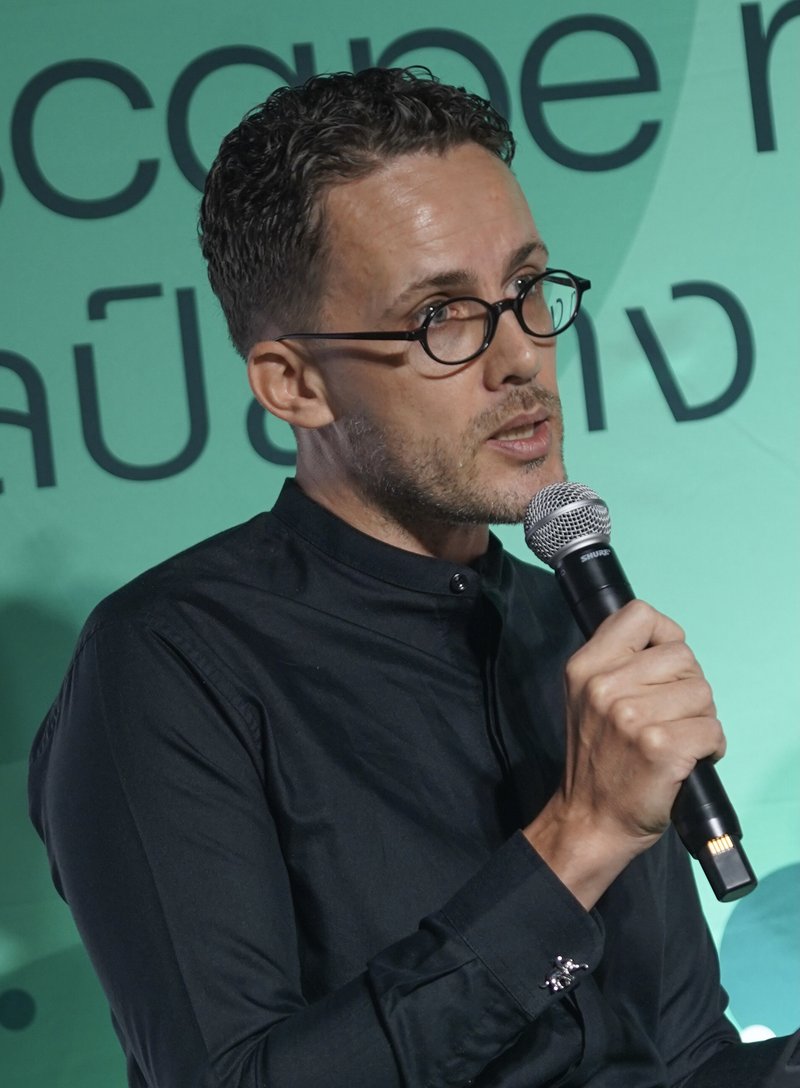Remy Jarry

In 2021, 50 contemporary art curators, researchers, and museum professionals from 32 different countries were awarded support to attend the CIMAM 2021 Annual Conference, in-person and online.
For the first time, and thanks to the generous support of The Getty Foundation who sponsored the virtual platform, 27 grantees attended the conference online, while 23 attended onsite.
Launched in 2005, CIMAM’s Travel Grant Program is designed to foster cooperation and cultural exchange between contemporary art curators and museum directors in emerging and developing economies and their counterparts in other regions of the world.
Remy Jarry's Conference Report
From Temple to Forum: Albertinum Museum as Social Space
Hilke Wagner’s contribution to Albertinum Museum in Dresden is unprecedented. As the Director of the public art museum since 2014, she has curated thought-provoking exhibitions to unveil the driving forces of the contemporary art world. Yet, those groundbreaking shows have faced the virulent opposition of a part of the public, led by extreme-right activists.
The tension was such that she became the target of virtual and physical harassment. Yet, she decided to respond with dialogue whereas her own team advised her to avoid such a move. Her thoughtful approach had led to the organisation of a forum in November 2017 entitled ‘Wir Müssen Redden (We Need to Talk)’, where all Dresden residents were invited to discuss the museum, its collection, and orientations. Interestingly, the art of Andreas Angelidakis was at its epicentre: epitomising the destruction that the city has undergone in the past, his work Demos (2016) created the ideal arena for everyone to sit together. The event has ultimately revealed latent frustrations, such as the feeling of the disarray of older generations from former East Germany.
Hilke Wagner’s collective action and social healing remain a promising step to decipher the contemporary role of the museum: a shift from the ‘museum-temple’ inherited from the 19th century to a ‘museum-forum’ rooted in the past but looking at the future through a participative agenda. Located at the core of the society and committed to its harmony, the museum is on its way to becoming an official actor of social change and cohesion. Temple of muses as the etymology of the word museum itself reminds us, the Albertinum is not only one of the greatest art collections in Europe, but also an agora, a public space mirroring and tackling the social and political challenges through a non-partisan agenda.
This experience contributes to ICOM’s ongoing consultation for an updated definition of the museum while echoing the first part of the previous proposal (1) submitted in 2019. Whatever the outcome of ICOM’s consultation will be, Hilke Wagner’s forum still outlines a compelling function of the museum besides its inaugural attributions (2).
(1) “Museums are democratising, inclusive and polyphonic spaces for critical dialogue about the pasts and the futures. Acknowledging and addressing the conflicts and challenges of the present, they hold artefacts and specimens in trust for society, safeguard diverse memories for future generations and guarantee equal rights and equal access to heritage for all people. […]”
(2) Collect, conserve, research, educate, and exhibit.